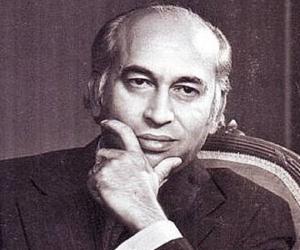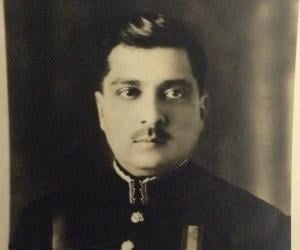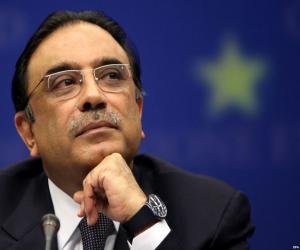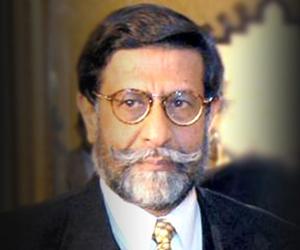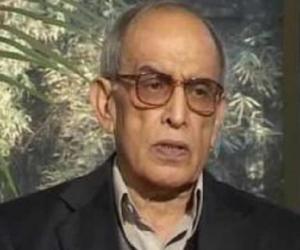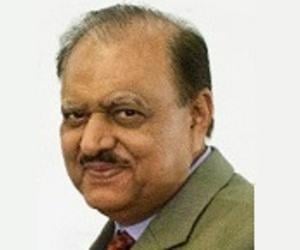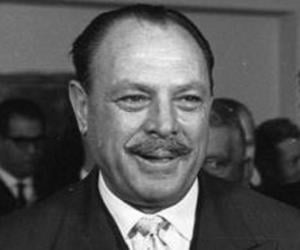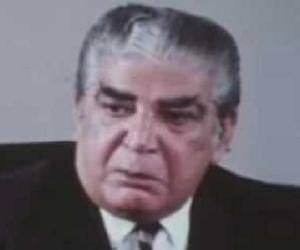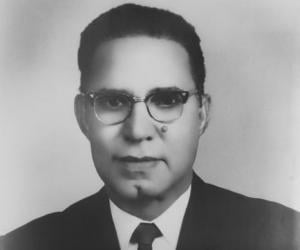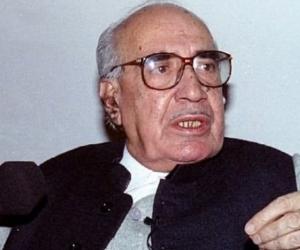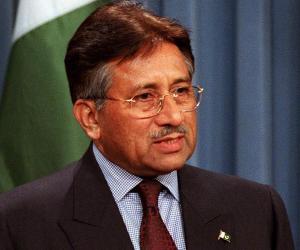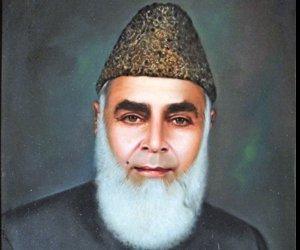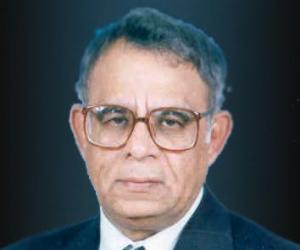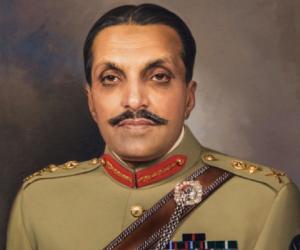1
Zulfikar Ali Bhutto
(4th President of Pakistan and 9th Prime Minister of Pakistan)
Birthdate: January 5, 1928
Sun Sign: Capricorn
Birthplace: Larkana, Pakistan
Died: April 4, 1979
Zulfikar Ali Bhutto was a Pakistani barrister, politician, and statesman who served as the fourth president of Pakistan from 1971 to 1973 and later as the ninth prime minister from 1973 to 1977. He founded the Pakistan People's Party (PPP) and played a pivotal role in shaping Pakistan's foreign policy, including advocacy for Operation Gibraltar in Kashmir and securing the release of prisoners of war through the Simla Agreement. Bhutto's tenure saw the drafting of Pakistan's current constitution and initiation of the country's nuclear program.
